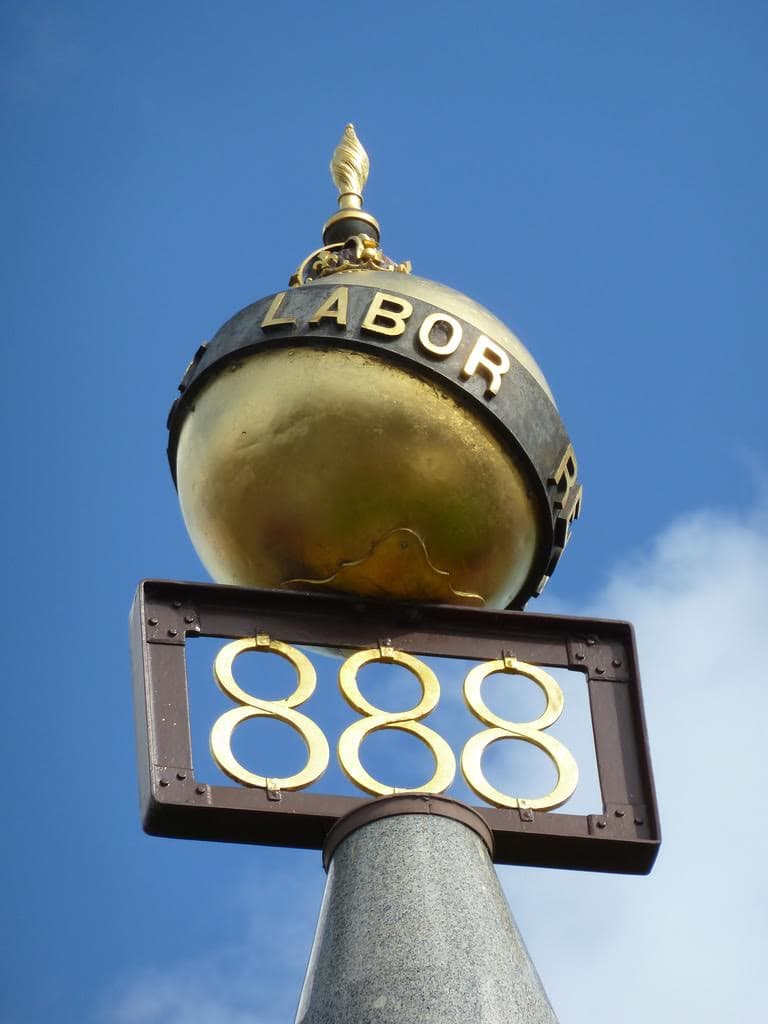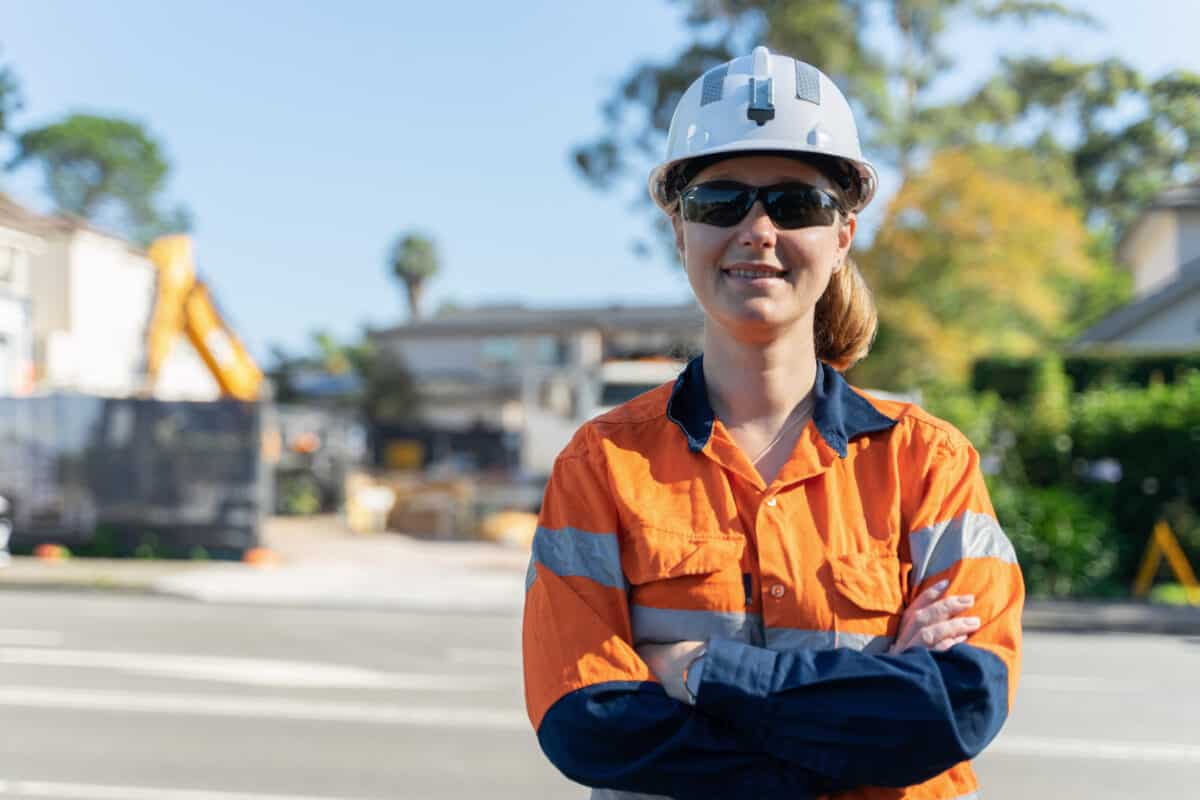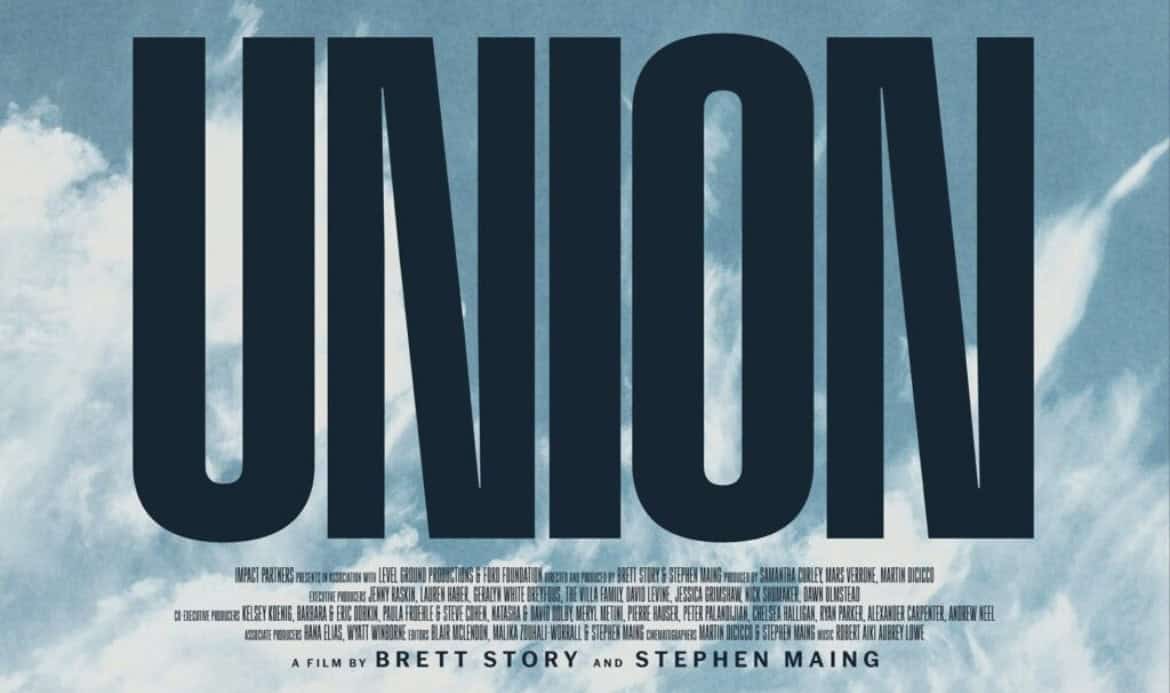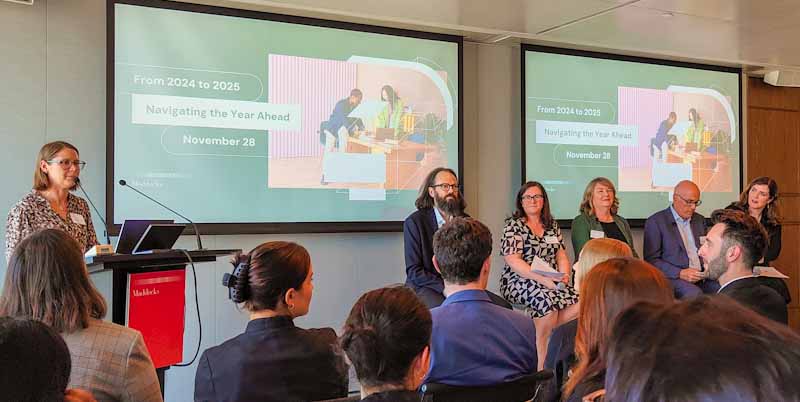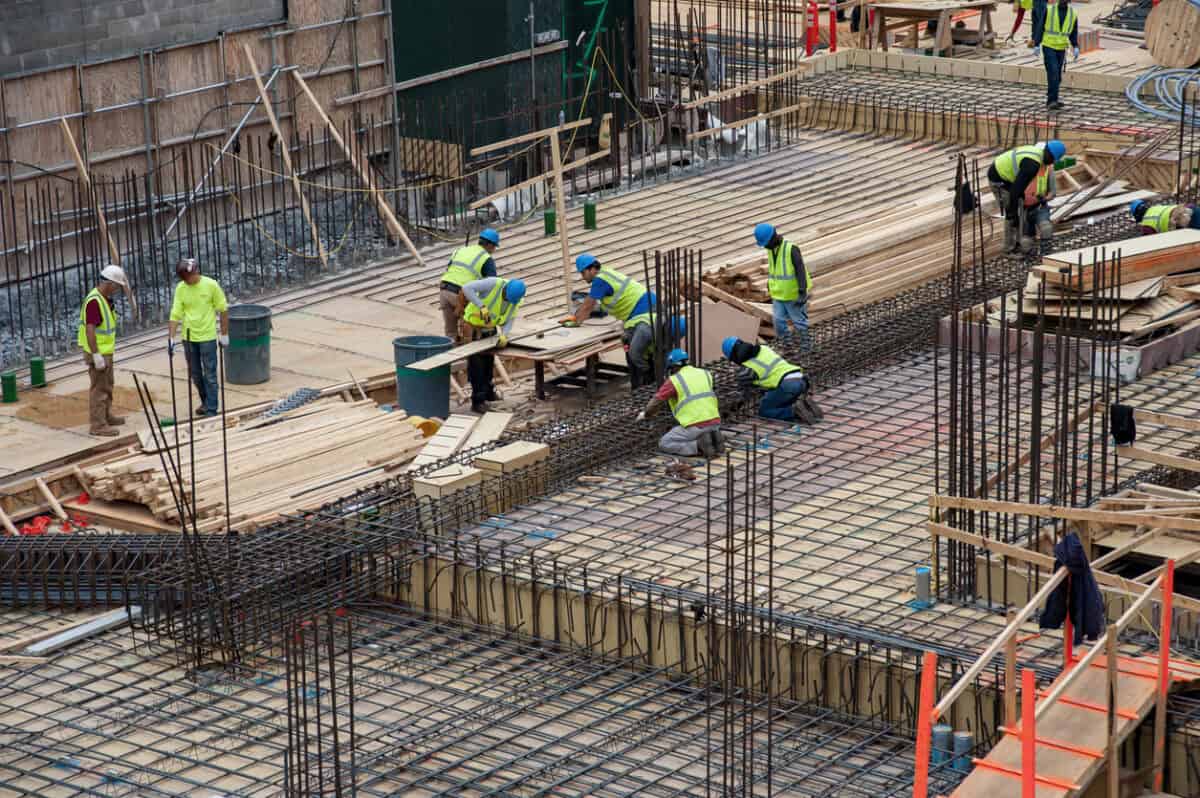Prominent in some of Australia’s political and economic debates are issues related to hours of work. This may be associated with the four-day work week, the five-day work week in construction, working from home, or the general debate about productivity, whatever definition you prefer, and there are many.
With the political backdrop of the government’s Economics Roundtable, a very timely new book by Sean Scalmer – “A Fair Day’s Work – The Quest to Win Back Time” was published.

